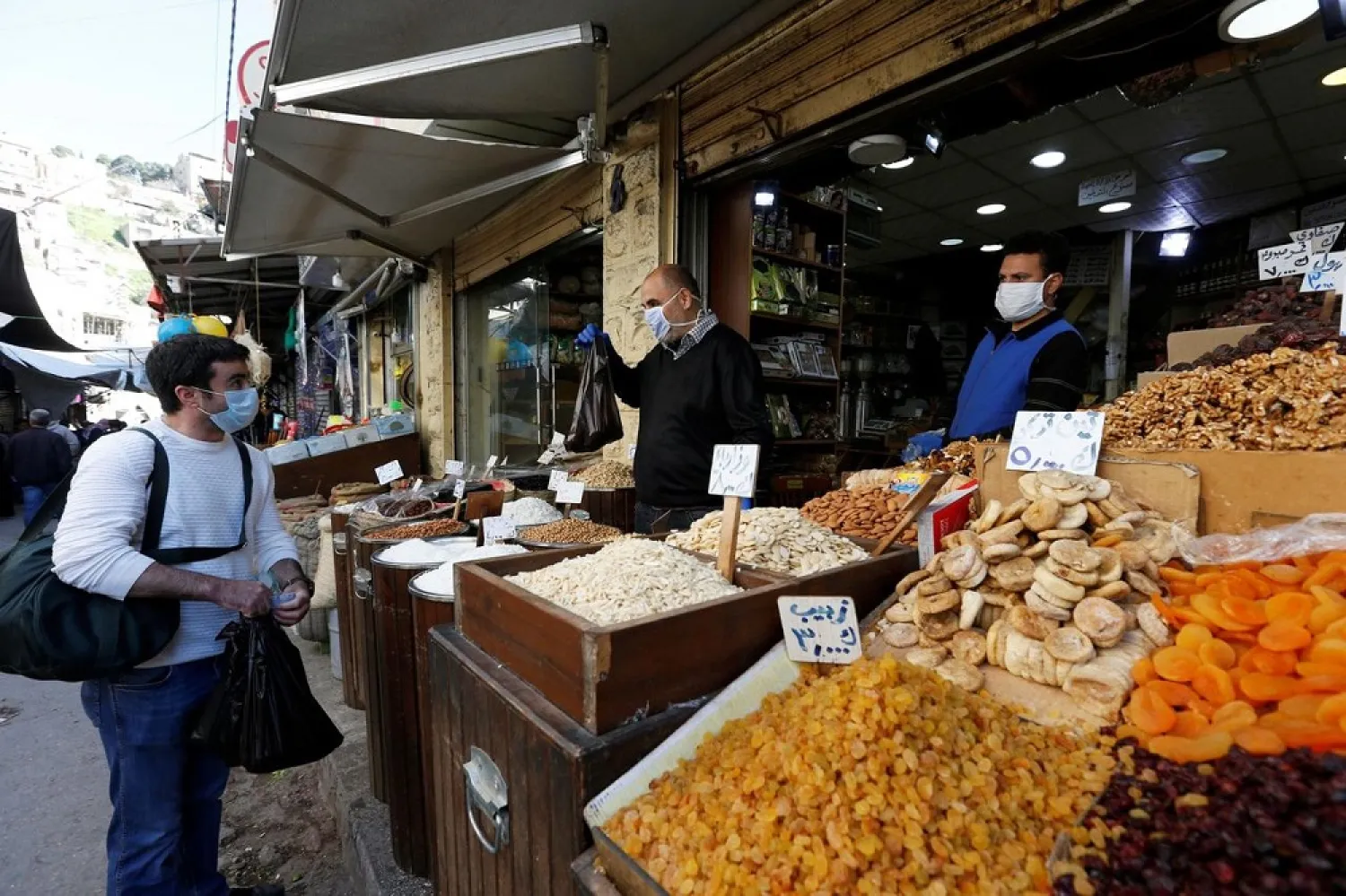Jordan hopes its growth will rebound to 2.5 percent in 2021 from a three percent contraction in 2020 after economic activity was hit by lockdowns, border closures and a sharp fall in tourism during the coronavirus pandemic, the finance minister said.
Mohammad al-Ississ told the parliament in a budget speech that the 2021 forecast, which was in line with International Monetary Fund (IMF) estimates, depended on the continued economic activity without imposing any lockdowns.
The gradual reopening of most of Jordan’s key business and manufacturing activities since last summer had helped its economy to reverse earlier IMF estimates of a severe five percent contraction.
The kingdom’s public finances and balance of payments have been strained by the collapse of tourism and lower remittances from workers overseas with unemployment soaring to a record 22 percent due to bankruptcies and layoffs.
Ississ noted that the main goal of this year’s 9.9 billion dinar ($14 billion) state budget was to maintain fiscal prudence to help ensure financial stability.
Jordan’s commitment to IMF reforms and investor confidence in the country’s improved outlook helped it maintain stable sovereign ratings at a time when other emerging markets were being downgraded, he added.
Meanwhile, Central Bank figures have revealed that foreign exchange reserves stood at some $ 12.17 billion in 2020, compared to their level at the end of 2019.
Foreign reserves in Jordan have been negatively affected since the beginning of 2016 due to a slowdown in remittances from expatriates, tourism income and foreign investment.
In 2020, the government imposed measures to contain the coronavirus outbreak, negatively affecting the economic activity in the kingdom.









